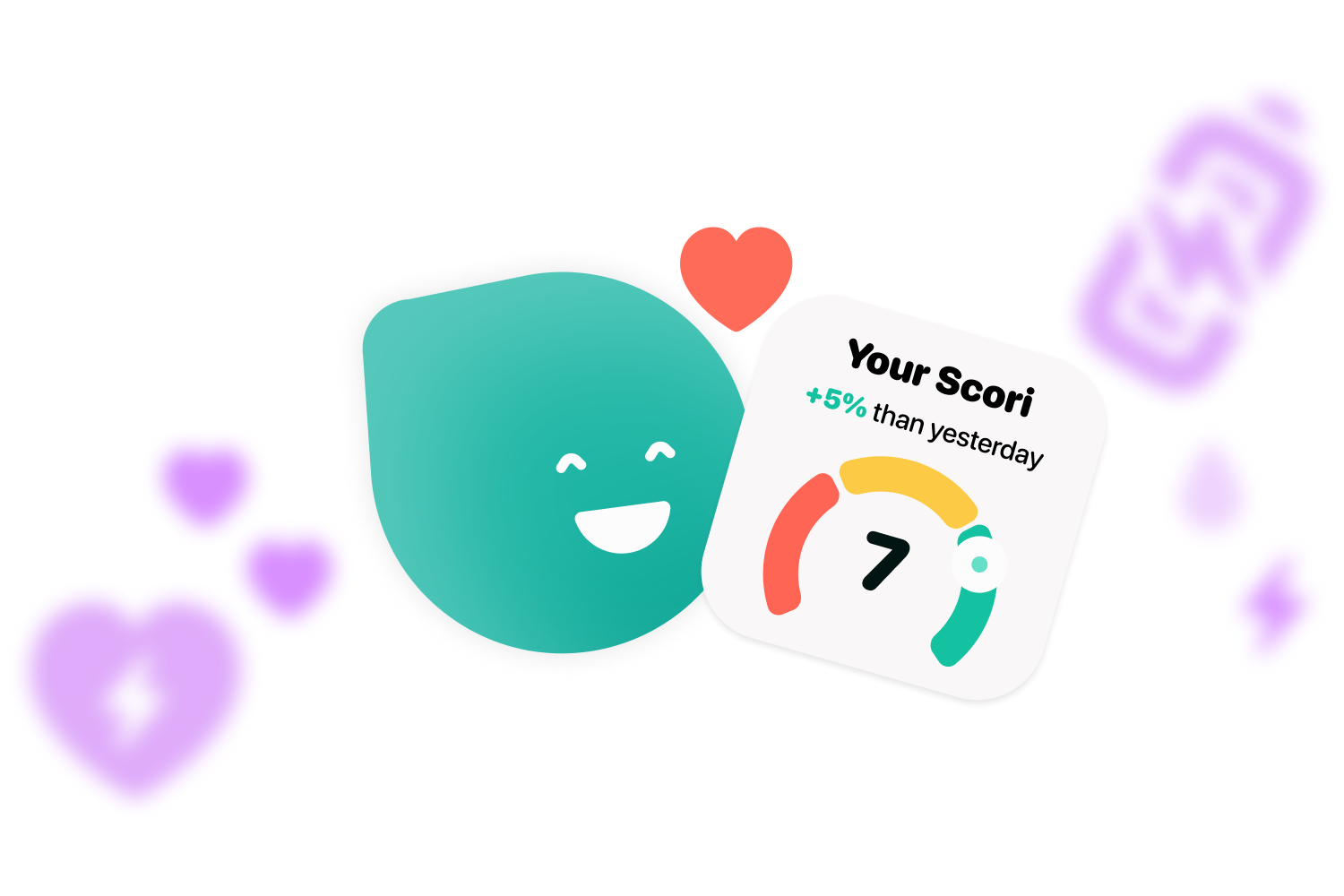Depression and diabetes are two common health conditions that can have a significant impact on a person’s quality of life. While they may seem unrelated at first glance, research has shown that there is a connection between the two conditions. In this post, we will explore the link between and discuss strategies for managing both conditions and finding support.
What is the connection between?

Studies have shown that people with diabetes are more likely to experience depression than those without the condition. The risk of depression is higher in individuals with type 1 diabetes and those with uncontrolled type 2 diabetes. The reasons for this connection are not fully understood, but some possible explanations include the physical and emotional toll of managing a chronic illness, difficulty coping with the demands of self-care, and the fear and anxiety that can come with the uncertainty of living with a potentially serious condition.
How does depression affect diabetes management?

Depression can make it more difficult for a person with diabetes to manage their condition effectively. It can lead to a lack of motivation and energy, which can interfere with self-care tasks such as taking medication and monitoring blood sugar levels. Depression can also lead to unhealthy coping mechanisms, such as overeating or avoiding physical activity, which can negatively impact blood sugar control.
How does diabetes affect depression?
Living with diabetes can be stressful and overwhelming, which can increase the risk of developing depression. The demands of self-care, including monitoring blood sugar levels and adhering to a strict diet and exercise plan, can be challenging and may contribute to feelings of frustration and isolation. The physical symptoms of diabetes, such as fatigue and nerve damage, can also contribute to feelings of sadness and hopelessness.

Become a diabadass!
Join our weekly newsletter and learn
all the tips and tricks.
People with diabetes are especially vulnerable to the dangers of colds and the flu, but there are things you can do to control your symptoms and avoid getting sick in the first place. You may maintain your health even when you’re feeling under the weather by constantly monitoring your blood sugar levels, staying hydrated, getting enough of rest, and adhering to your diabetes management plan. Additionally, you may lower your risk of getting sick and safeguard yourself from any problems by maintaining proper cleanliness, being vaccinated, and generally maintaining good health. Make sure to discuss any worries you may have with your healthcare team for advice and support if you have diabetes and are worried about managing colds and the flu.
What can be done to manage both conditions?

If you have both, it is important to work with your healthcare team to create a treatment plan that addresses both conditions. This may include a combination of medication, therapy, and lifestyle changes. It is also important to seek support from loved ones, a support group, or a mental health professional.
Depression and diabetes are complex conditions that can have a significant impact on a person’s quality of life. While the connection between the two conditions is not fully understood, it is clear that managing both conditions requires a comprehensive approach that addresses both physical and emotional needs. If you are living with both depression and diabetes, it is important to seek help and support to manage both conditions effectively.




